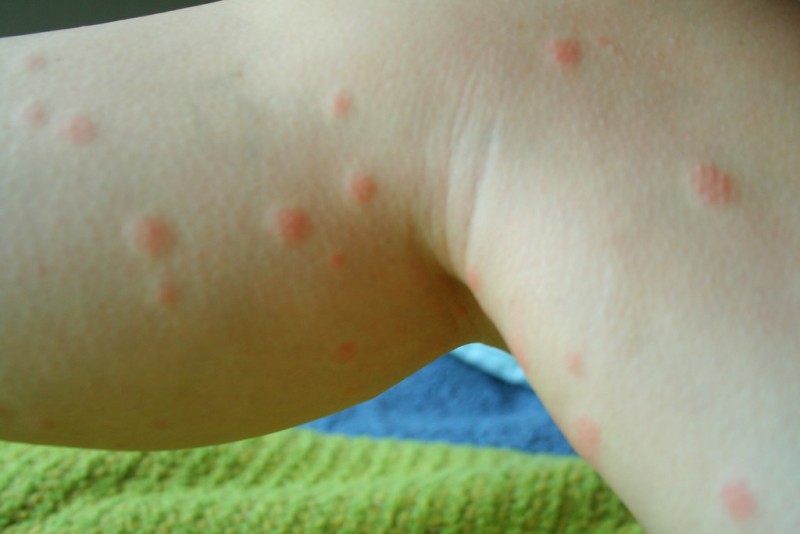
Chigger bites, though small in size, can deliver an unwelcome and itchy surprise. These tiny arachnids, commonly found in grassy areas, can leave a lasting impact on your skin. Being aware of the symptoms and warning signs is key to dealing with these bothersome bites effectively.
The Itchy Intruders: What are Chiggers?
Before diving into the symptoms, let's understand what chiggers are. Chiggers are juvenile mites that belong to the Trombiculidae family. These minuscule creatures are barely visible to the naked eye but can cause big discomfort. They inhabit areas with tall grass, shrubs, and bushes, making outdoor activities potentially problematic.
Unpleasant Aftermath: Symptoms of Chigger Bites
Chigger bites can be infuriatingly itchy, but they don't manifest immediately. It takes a few hours for the symptoms to become apparent. Here's what you need to watch out for:
1. Intense Itching: The hallmark of chigger bites is relentless itching, which can be quite severe due to the irritating substances they inject into the skin during feeding.
2. Red Bumps: After a chigger has fed on your skin, you'll notice small, red, raised bumps. These bumps are often accompanied by a white, central blister.
3. Rash Formation: As the bites become more widespread, they can develop into a rash. This rash might resemble clusters of small, red pimples and is particularly common in areas where clothing fits snugly against the skin.
4. Swelling: Some individuals might experience localized swelling around the bite sites. This swelling is often accompanied by a warm sensation and tenderness.
Recognizing Chigger Bites: Warning Signs
It's crucial to distinguish chigger bites from other insect bites to receive appropriate care. Here are the warning signs that can help you identify them:
1. Clustered Bites: Chigger bites tend to occur in groups or clusters, as chiggers often move around the skin's surface.
2. Predominant Lower Body Bites: Chiggers prefer areas where clothing is tighter, so bites are commonly found on ankles, behind the knees, groin, and waistband area.
3. Delayed Onset: Unlike mosquito bites, chigger bites don't cause immediate discomfort. The itching and irritation usually begin a few hours after exposure.
Alleviating the Irritation: What to Do
If you find yourself dealing with chigger bites, don't fret. There are several steps you can take to alleviate the discomfort:
1. Gentle Cleansing: Wash the affected area with mild soap and water to remove any chiggers that might still be present.
2. Antihistamines: Over-the-counter antihistamines can help reduce itching and inflammation. Consult a medical professional before use, especially if you have other health conditions.
3. Topical Creams: Calamine lotion or hydrocortisone cream can provide temporary relief from itching and irritation.
Chigger bites may be small, but they can cause significant discomfort. By recognizing the symptoms and understanding the warning signs, you can effectively manage the aftermath of these pesky bites. Remember, prevention is the best strategy—wearing protective clothing and using insect repellent when venturing into grassy areas can help you steer clear of these tiny troublemakers.
Unlocking the Power of Peppermint: 10 Benefits of Aromatherapy with Peppermint Oil